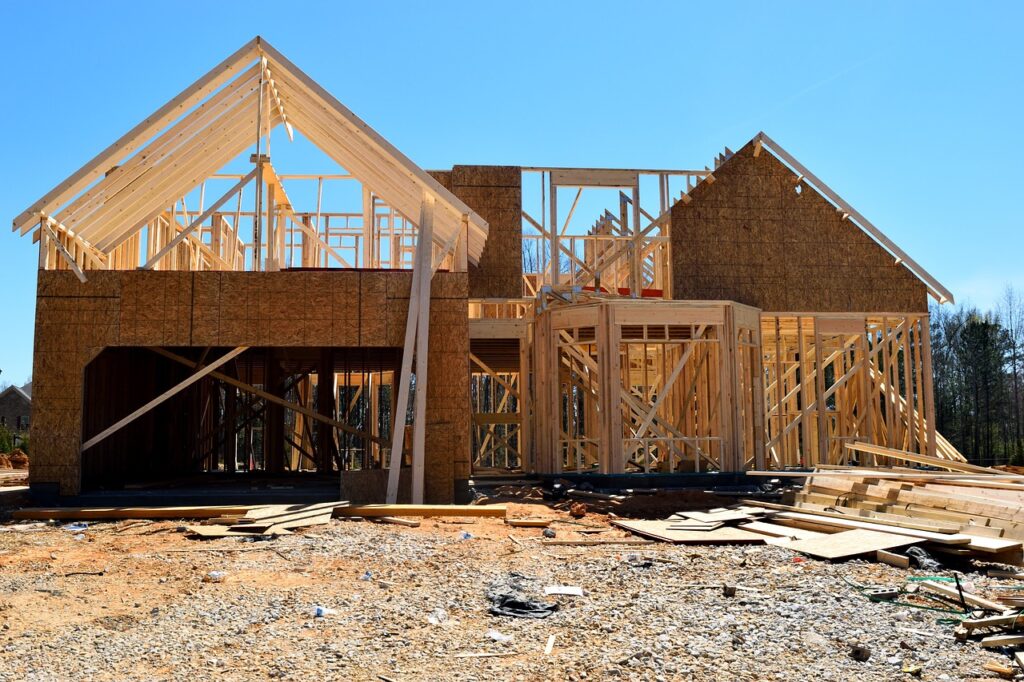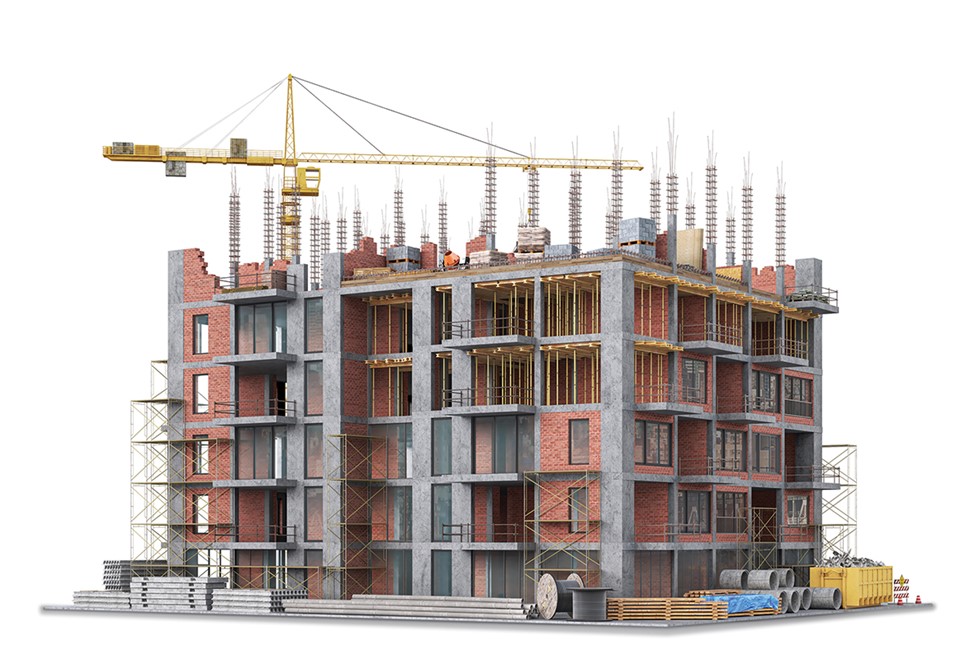The recent financial results of real estate development companies in Egypt indicate a high demand for the sector as it has become a trusted haven for individuals looking to protect their savings amid economic fluctuations during crises.
Egypt faces economic challenges, including a severe shortage of US dollar liquidity, soaring inflation, a weakened local currency, and rising prices of essentials and services. Geopolitical tensions in the Middle East compound these difficulties due to the Israel-Hamas war in Gaza, with Egypt situated in the immediate theater of conflict.
According to Nawazish Mirza, a Professor of Finance at Excelia Business School in France, the Egyptian real estate market is poised for strong growth in 2024 despite global economic and regional political challenges. Mirza cites factors such as a growing population, government-backed initiatives, expanding affordable housing programs, and increased foreign investment as contributing to this optimistic outlook.
Mirza emphasizes the essential need for affordable and accessible housing as a key driver for sector expansion. The public sector plays a crucial role by supporting real estate through ambitious infrastructure development plans and substantial investments in roads, power grids, and water treatment facilities.
The value of the real estate market is projected to reach over $1.3 trillion in 2023, with residential properties dominating at an expected market volume of $0.99 trillion. Statista anticipates an annual growth rate of 9.10% from 2023 to 2028, bringing the market volume to over $2 trillion by 2028, highlighting significant growth in the sector.
Mirza notes that the government has implemented initiatives such as developer tax breaks, low-interest loans for homebuyers, and programs supporting the construction of low-cost housing units to enhance homeownership accessibility for a broader demographic.
Foreign investors are increasingly attracted to Egypt due to its political stability, favorable investment climate, and strategic location. This growing influx of foreign investment is expected to fuel demand for commercial and industrial real estate as international companies seek to establish their presence in Egypt’s thriving economy.
Looking ahead, Mirza expects sector demand to concentrate in specific zones, including new urban centers, coastal regions, and infrastructure zones. The emergence of new urban hubs, like the New Administrative Capital, is a primary catalyst behind the surge in demand for both residential and commercial spaces, characterized by modern amenities and infrastructure appealing to a diverse range of residents and businesses.
Mirza discusses the government’s latest announcement of adopting real estate exporting, stating that this initiative aims to strengthen the sector through services such as consultancy, project management, and construction expertise offered to clients in international markets. Mirza believes this can generate foreign currency and facilitate knowledge transfer, positioning Egypt as a prominent player in the global real estate sector.
Head of Real Estate Research at Arab African International Securities, Mahmoud Gad, attributes the heavy demand for purchasing properties to increasing inflation rates, the gap between the official US dollar rate and the parallel market rate, and the expected devaluation of the Egyptian pound against the greenback. Properties are seen as a safe investment to hedge against these challenges.
Gad anticipates both demand and prices of properties to rise in the coming months, at least until the end of the first half of 2024. If inflation cools and the US dollar rate issue eases, the demand for property is expected to grow at a slower pace. Foreign purchasers may be stimulated by local currency depreciation, making properties more affordable.
Gad emphasizes the need for easing procedures for foreign buyers, including simplified registration processes and easy liquidity of assets when deciding to sell their units.







